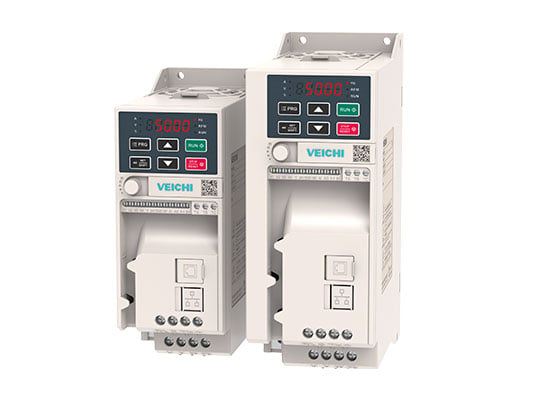Choosing Between Scalar and Vector Control for Frequency Converters
Those who take purchases seriously and know how to plan expenses rationally try to understand exactly what they are paying for before buying expensive items, and whether a more affordable alternative can be found. This approach is also relevant when choosing a frequency converter.
From time to time, a buyer of a frequency converter asks themselves the question: wouldn't it be better to choose a regular scalar converter instead of a vector one? In this article, we will examine the advantages and disadvantages of vector control in comparison to scalar control, as well as the cases when purchasing the corresponding model of frequency converter is justified.
Advantages of Vector Control
First of all, it should be noted that almost all frequency converters that support vector control can also operate in a regular scalar mode. Therefore, it is important to determine whether the additional costs for a vector converter are justified.
Secondly, in order for the advantages of vector control to be realized with maximum efficiency, the converter needs to be properly configured. This may require additional accessories, such as sensors, and knowledge regarding the setup. If you lack experience or the ability to consult a specialist, it might be more sensible to choose a classic scalar option.
When to Choose a Vector Converter
If you have the opportunity to choose between two models in the same price category, one of which is capable of operating in vector mode, this can be a beneficial decision. However, it is important to remember that if improperly configured, the vector converter will operate in scalar mode.
- Electric drives with vector control provide greater accuracy and dynamism.
- In certain technological processes, this can be critically important.
- However, in most cases, simple scalar control will be quite sufficient.
For example, in pumping installations where frequency converters are used, vector control may offer a slight increase in efficiency, but this does not always cover the costs of the more expensive model.
Technical Aspects and Complications
Modern microprocessors and microcontrollers allow for the implementation of complex mathematical control methods, however, the effective operation of a vector converter also requires the setup and evaluation of other parameters, such as angular position, pressure, temperature, and speed.
Repair and maintenance of complex frequency converters may require more effort and specialized knowledge.
Conclusions
For a number of tasks, vector control is justified and provides significant gains in reliability and technological characteristics. This applies to conveyors, crushers, mixers, and other technological installations. If there is a need for a wide range of speed control with high precision, the vector control method is the best choice.
Be sure to take all factors into account, and if possible, consult with several specialists before making a final decision.
